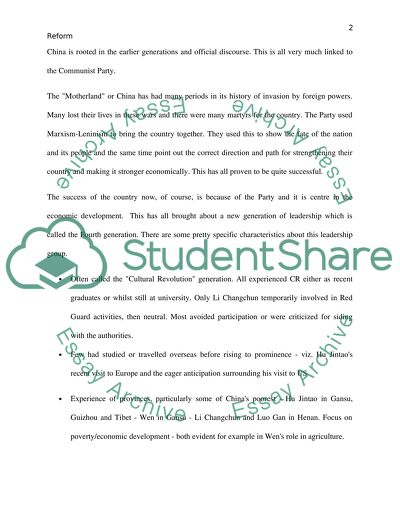Cite this document
(“Modernization and revolution in China from the opium wars to world Essay”, n.d.)
Retrieved from https://studentshare.org/macro-microeconomics/1504503-modernization-and-revolution-in-china-from-the-opium-wars-to-world-power
Retrieved from https://studentshare.org/macro-microeconomics/1504503-modernization-and-revolution-in-china-from-the-opium-wars-to-world-power
(Modernization and Revolution in China from the Opium Wars to World Essay)
https://studentshare.org/macro-microeconomics/1504503-modernization-and-revolution-in-china-from-the-opium-wars-to-world-power.
https://studentshare.org/macro-microeconomics/1504503-modernization-and-revolution-in-china-from-the-opium-wars-to-world-power.
“Modernization and Revolution in China from the Opium Wars to World Essay”, n.d. https://studentshare.org/macro-microeconomics/1504503-modernization-and-revolution-in-china-from-the-opium-wars-to-world-power.


